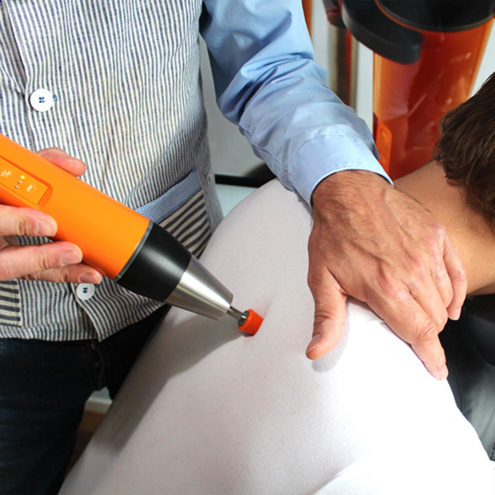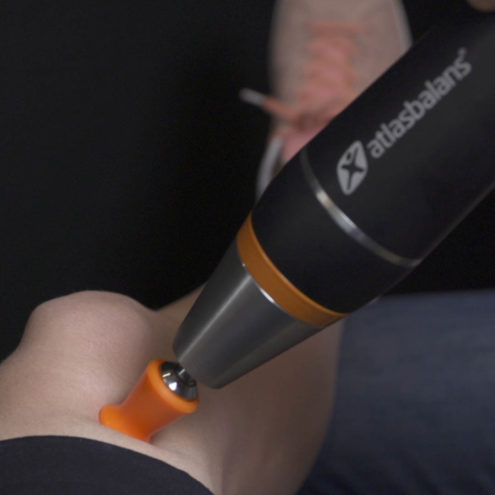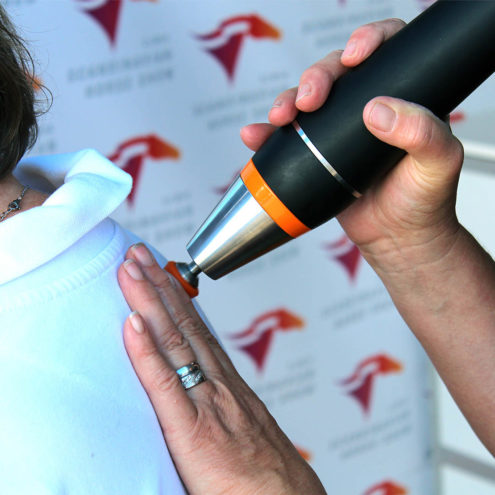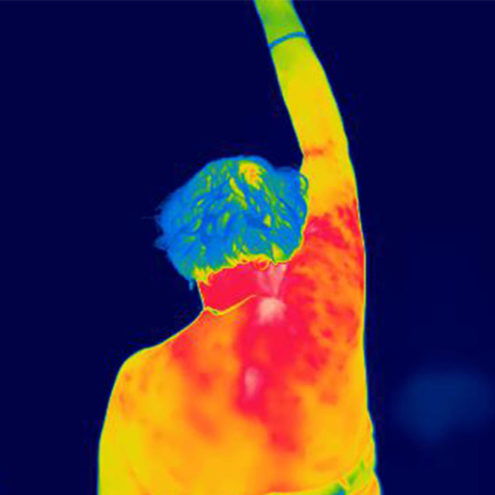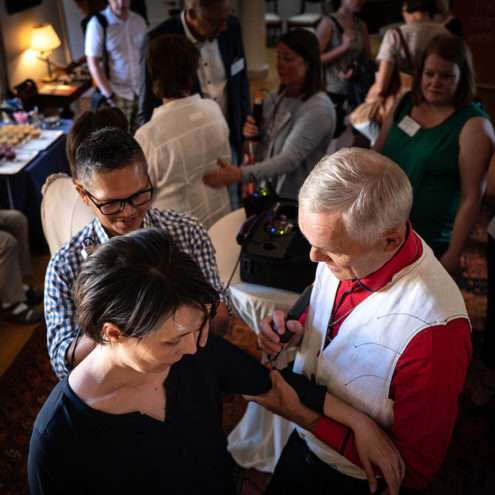Is it dangerous to crack your fingers?

Cracking fingers is a habit that many people have. It has long been debated whether or not cracking your fingers is dangerous. At FasciaClinics, we are here to explore the science behind this habit and its possible effects on health.
What does it mean to crack your fingers?
Cracking your fingers means increasing the distance between the joints of your fingers. Pulling fingers, clenching the hand or stretching fingers can increase the distance between the joints so that a ‘cracking’ or snapping sound can occur.
How does the sound of cracking fingers occur?
When stretching or bending the joints in the fingers, a cracking sound can sometimes occur. The sound occurs when a gas bubble forms in the synovial fluid and then collapses when the joint is stretched. This phenomenon is known as cavitation and is the source of the characteristic sound. Symptoms associated with this habit are in most cases non-existent, but some people may experience relief or increased mobility in their fingers afterwards.
Common misconceptions and myths
In the past, it was thought that regular joint cracking led to problems such as swelling, loss of grip and joint diseases such as osteoarthritis. Several studies have been carried out on people who regularly cracked their fingers. The studies did not show any negative effect of finger cracking, but rather it could lead to more mobile joints and overall improved joint health.
Why do we crack our fingers?
The causes vary from personal habit to an unconscious way of dealing with stress or anxiety. While some individuals may crack their fingers out of habit, others use this as a method to reduce tension or discomfort in their hands.
Physiological and psychological causes
For some, cracking their fingers is a way of preparing their hands for work or activities, like a form of warming up or relaxing the joints. Many people believe that cracking their fingers creates more space in the joints so they become more mobile. However, there is no scientific evidence that this is true. Psychological stress and emotional states can be expressed through bodily habits, including cracking fingers. For some individuals, this acts as a stress-reducing act.
Possible benefits of cracking your fingers
Regularly cracking your fingers can lead to better joint mobility and as a kind of warm-up to prepare your fingers for activity.
Is it harmful to crack your fingers?
Research has shown that there are no negative effects of cracking fingers if done carefully. However, overstretching the joints of the fingers can cause injuries such as sprains.
Scientific studies and results
Several large studies have been done on whether cracking your fingers is harmful. These showed no negative effects but rather an improvement in general joint health.
Impact on joints and synovial fluid
The sound occurs when a gas bubble forms in the synovial fluid and then collapses when the joint is stretched. As the distance between the joints increases, these gas bubbles form as there is no synovial fluid to fill the space. While the immediate effect on the joints and synovial fluid appears to be minimal, the long-term effects of constant cracking are still unclear, and more research is needed to establish any adverse effects.
Risks of overdoing it
Although cracking your joints has been shown to be harmless, you should be careful not to overstretch your joint and risk damaging it. It’s also important to never let someone untrained crack your joints.
Common symptoms and problems associated with cracking fingers
For people with psychological stress and nervousness, cracking their fingers can be a way of managing their emotions. People who work or engage in activities where fingers are used a lot may experience their fingers as stiff. For these people, cracking their fingers can serve as a kind of warm-up for upcoming activities. It can also act as a form of relaxation for the joints after completing the activity.
When should you be worried?
It is important to seek medical advice if finger cracking is accompanied by pain, swelling, reduced mobility, or if there is a history of joint damage.
Difference between common buckling and potential joint problems
Normal cracking that does not cause pain or discomfort is different from situations where the sound is accompanied by symptoms that may indicate underlying joint problems or injuries. Pain, swelling and reduced mobility after cracking may indicate injury and potential joint disease.
Fascia treatment for muscles and joints
At the FasciaClinics, we provide treatment and advice for people experiencing discomfort or pain in their joints, including those caused by or made worse by cracking their fingers. Our holistic approach includes fascia treatment, which can help reduce tension, improve mobility and support the overall health of your muscles and joints.
If you are concerned about your habit of cracking your fingers, or if you are experiencing any kind of hand or arm discomfort, please do not hesitate to contact us for a consultation. Our team is here to help you understand your body’s needs and provide appropriate care and treatment.
 Search
Search



